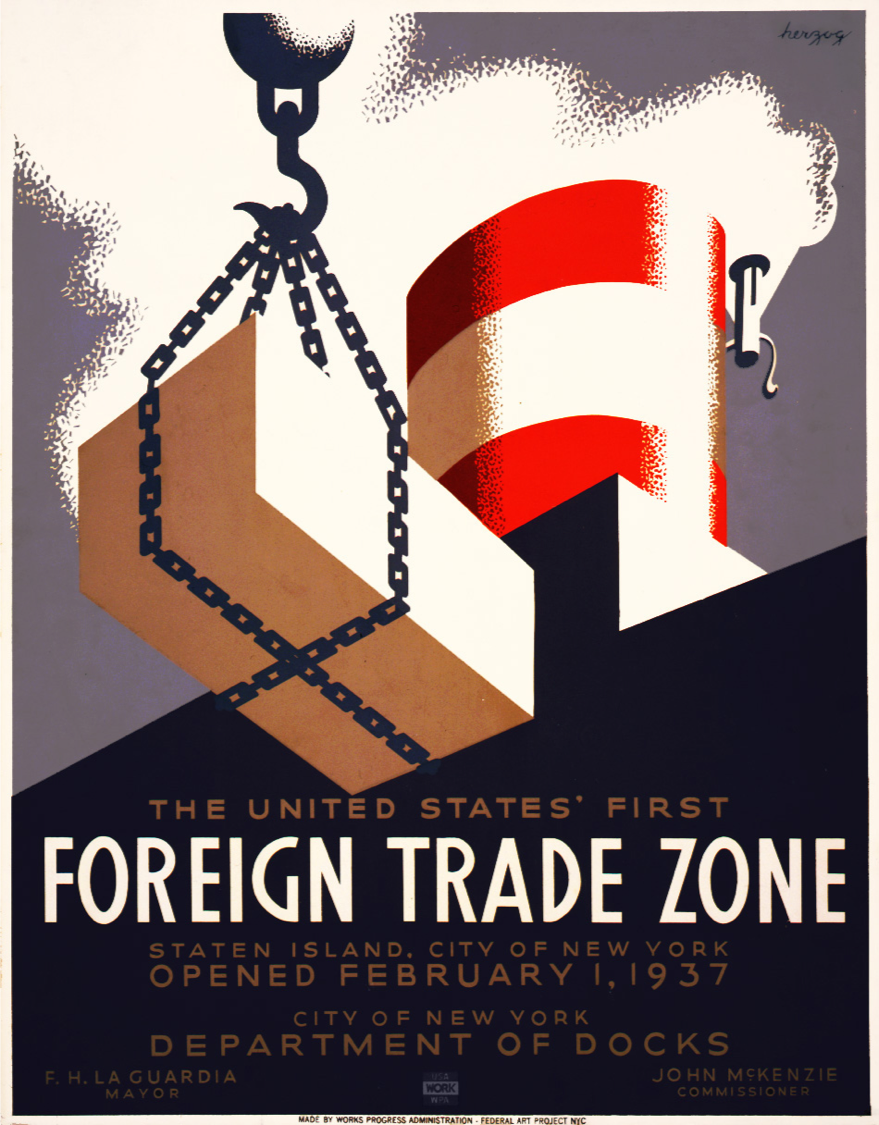Back to all modules
Infrastructural Turn

This lecture traces the history of Free Economic Zone as an urban typology and global infrastructure. Although originating from the idea of the 16th century Free Ports, Free Zones, as we know them today, are essentially post-World War II phenomena, molded in the intersection of multiple global agents and processes. These include the emergence of global institutions such as the UNIDO—United Nations Industrial Development, technological innovations, foreign trade and rise of international corporations. Always located within national borders as tax-free enclaves, Free Zones are viable only in a network of other, global Free Zones. Imagined as “states of exception” and introduced to boost individual national economies, today Zones are becoming “the rule,” the standard infrastructure of any “global city.” Understanding Free Zones as urban projects is relevant, not just because of their distinctive urban forms, but also because of the way they transform and re-organise territories around them.
Loading Accordion Items...


